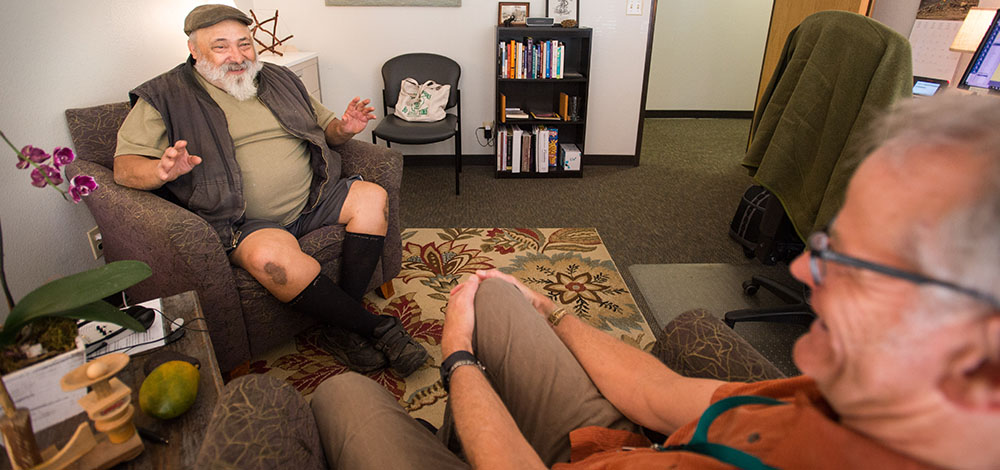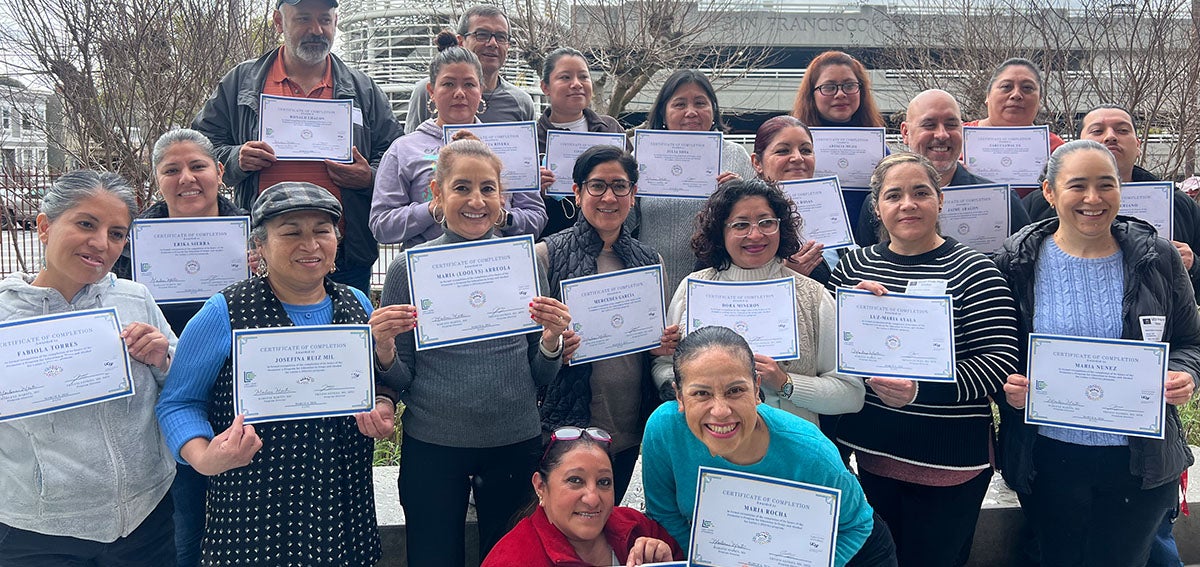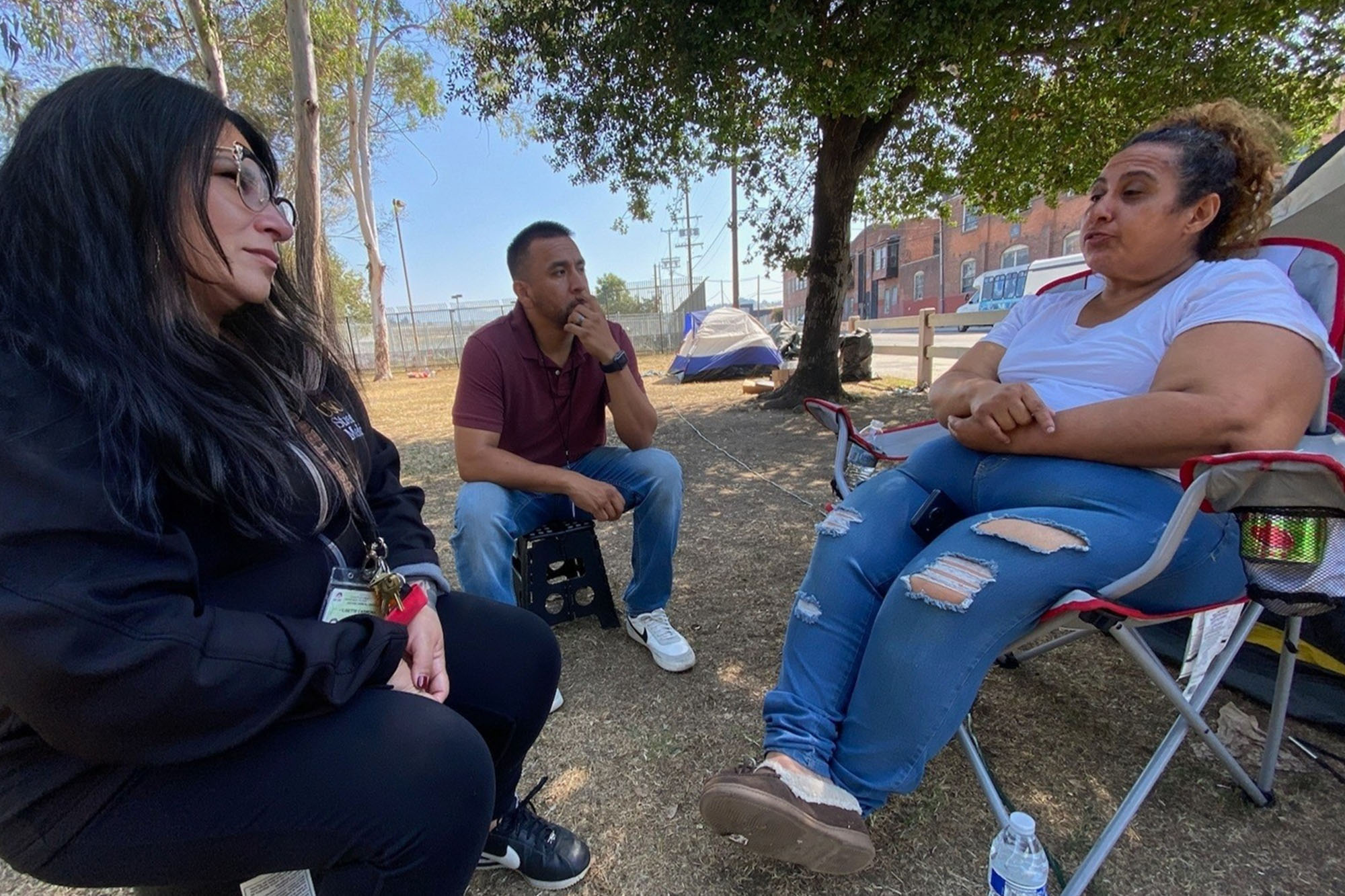The behavioral health workforce is full of compassionate, dedicated providers and administrators. Many choose this work because caring for people in need is a calling, not just a career.
Unfortunately, workforce shortages mean many people trying to get behavioral health care experience long waits, are bounced around to different places to receive their treatment, or are unable to get care in their preferred language. To meet patients’ needs, California must recruit and retain significantly more behavioral health professionals. This includes providers who are more representative of their patients in terms of race or ethnicity, languages spoken, sexual orientation, and gender identity.
California is making significant investments in both licensed behavioral health practitioners and community-connected workers who enable other providers to practice at the top of their license. This requires coordination among the health care, education, and state agencies, as well as sustained investment in education and training.
Resources in this section highlight efforts to grow the behavioral health workforce, including:
- Research to understand the gaps in workforce supply and pipeline
- Evaluations of innovative workforce models, including community-connected paraprofessionals and peer counselors with lived experience
- Investments in training for both behavioral health and primary care providers so they can better identify and respond to mental health and substance use conditions
When we work together to grow the behavioral health workforce, we can improve patient wait times, trust between patients and providers, and overall outcomes.









